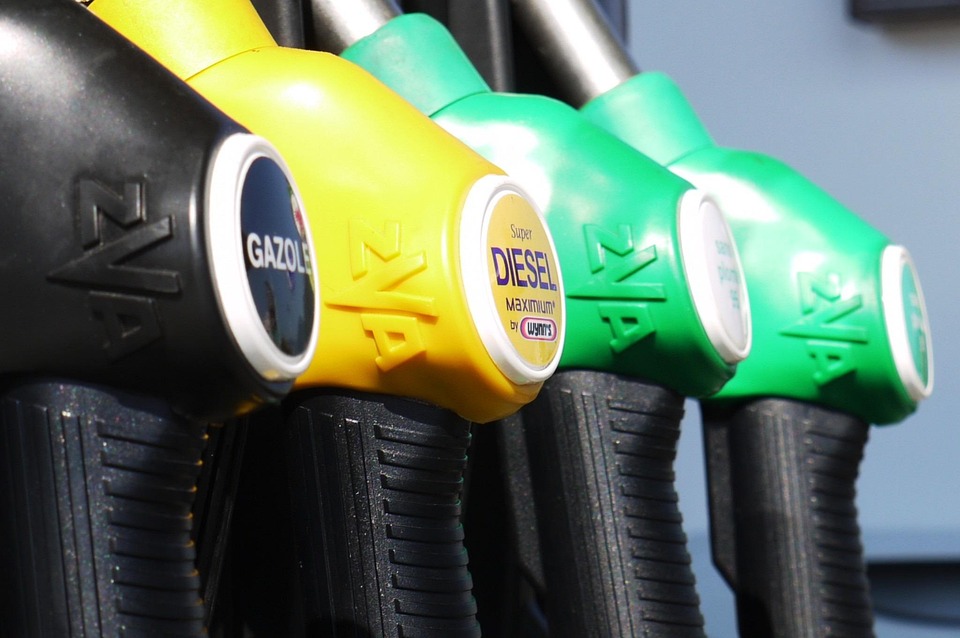Essential Interview Guide for Aspiring Petroleum Engineers: Tips and Strategies for Success
Embarking on a career as a petroleum engineer is no small feat. The industry is competitive, and securing an interview is just the beginning of your journey. To stand out in this highly specialised field, one must be prepared, knowledgeable, and adaptable. Here are some tips and strategies designed to sharpen your interview skills and help you make a lasting impression.
1. Know Your Fundamentals
Before stepping into the interview room, ensure you have a solid grasp of the core principles of petroleum engineering. This includes an understanding of drilling techniques, reservoir management, and production methods. Being able to discuss concepts such as hydrocarbon extraction, fluid dynamics, and geomechanics with confidence can set you apart from other candidates.
Familiarise yourself with the latest technologies in the field, such as enhanced oil recovery (EOR) methods and digital oilfield technologies. Demonstrating your awareness of current trends shows your passion and commitment to continuous learning.
2. Research the Company
Each company has its own unique culture, values, and projects. Take the time to delve into their portfolio, recent developments, and future aspirations. Understanding their approach to sustainability, innovation, and safety can be invaluable.
When you can align your skills and experiences with the company’s objectives, you not only showcase your interest but also position yourself as a fitting candidate. Prepare thoughtful questions that reflect your research; this will illustrate your enthusiasm and initiative.
3. Prepare for Technical Questions
Expect to face a barrage of technical questions aimed at assessing your problem-solving abilities and analytical thinking. Common queries might include scenarios where you must optimise drilling operations or troubleshoot a production issue.
Practise working through problems on paper, as many interviewers may ask you to demonstrate your thought process. When articulating your answers, clarity is key—avoid jargon unless necessary, and ensure your reasoning is logical and easy to follow.
4. Emphasise Soft Skills
While technical prowess is crucial, don’t underestimate the importance of soft skills. Teamwork, communication, and adaptability are paramount in the collaborative environment of petroleum engineering.
Prepare examples that illustrate how you’ve successfully worked in teams or navigated challenging situations. Highlight any leadership experiences, as well as instances where you’ve had to communicate complex ideas to non-technical stakeholders.
5. Dress the Part
An often overlooked aspect of interviews is appearance. Opt for professional attire that reflects the seriousness of the occasion. A well-fitted suit or smart business attire not only boosts your confidence but also conveys respect for the interviewers and the opportunity at hand.
6. Follow-Up with Gratitude
Post-interview etiquette can set you apart from other candidates. A thoughtful follow-up email thanking the interviewers for their time reinforces your interest in the position and allows you to reiterate key points discussed during the interview.
This small gesture can leave a positive impression and keep you on the radar as they make their final hiring decisions.
In the journey towards becoming a petroleum engineer, preparation and strategy are your allies. By mastering the fundamentals, researching companies, honing your technical and soft skills, and maintaining professionalism, you can significantly enhance your chances of success. For those seeking further guidance in crafting standout applications, CVPortal continues to provide an array of high-quality CV references tailored to your needs.


